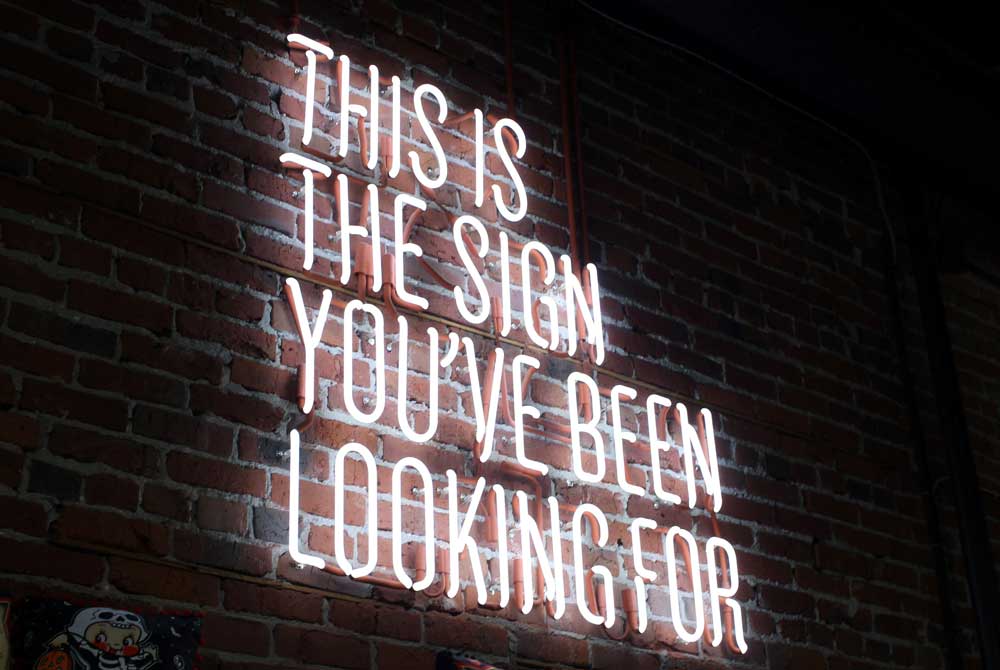
Right now leaders everywhere, not least in local government, are looking for solutions to a range of problems, many of which existed before the Covid-19 pandemic but that now have been brought into stark relief. Social issues around health – both physical and mental – unemployment, education and training, homelessness, poverty, are not new but now need to be addressed more urgently than ever. On top of this many families and individuals affected by the pandemic are struggling to find clear and reliable information and a pathway out of their problems. Placing all this against a background of finite and reducing resources leaves many local authorities struggling to prioritise spending and identify how service areas can work together to maximise the impact of key initiatives.
In this context, this month’s blog seeks to demonstrate how governments and institutions in many parts of the world are discovering that that those answers often lie behind a simple sign that says:
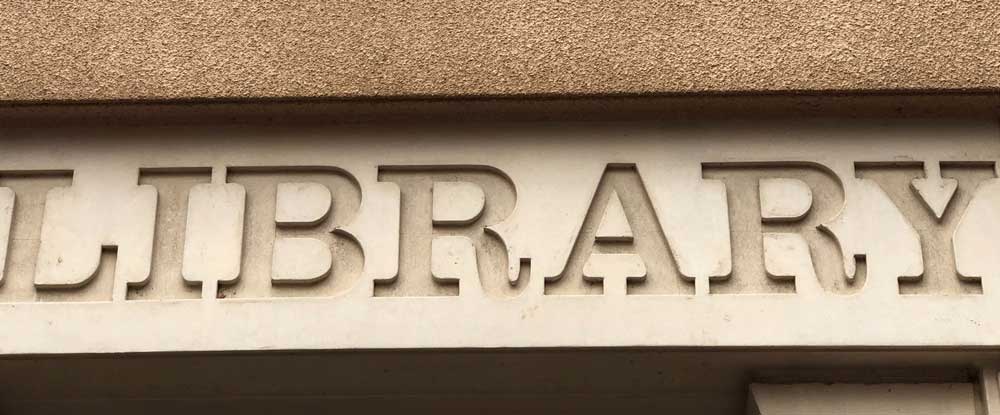
I’ve been struck by how much is currently being written and talked about the social impact public library services can have on people’s lives. Librarians have always known this but have rarely managed to articulate it very well, and indeed how do you measure this impact? Not by counting things and comparing the numbers with other library services! A visit to a library – whether it be to borrow a book, use a computer for an hour, or just to wander round – mean nothing unless we have some sense of what difference that visit actually made to the individual.
I’m afraid I don’t have a fantastic methodology for measuring social impact, and if you want to get the most out of the blog this month you’ll really need to work a bit. Please do open the links and read at least some of the articles because, in the space I have available, I can only give a taster of each and there are some great ideas here.
So let’s take a quick trip round the world and see what’s happening . . .
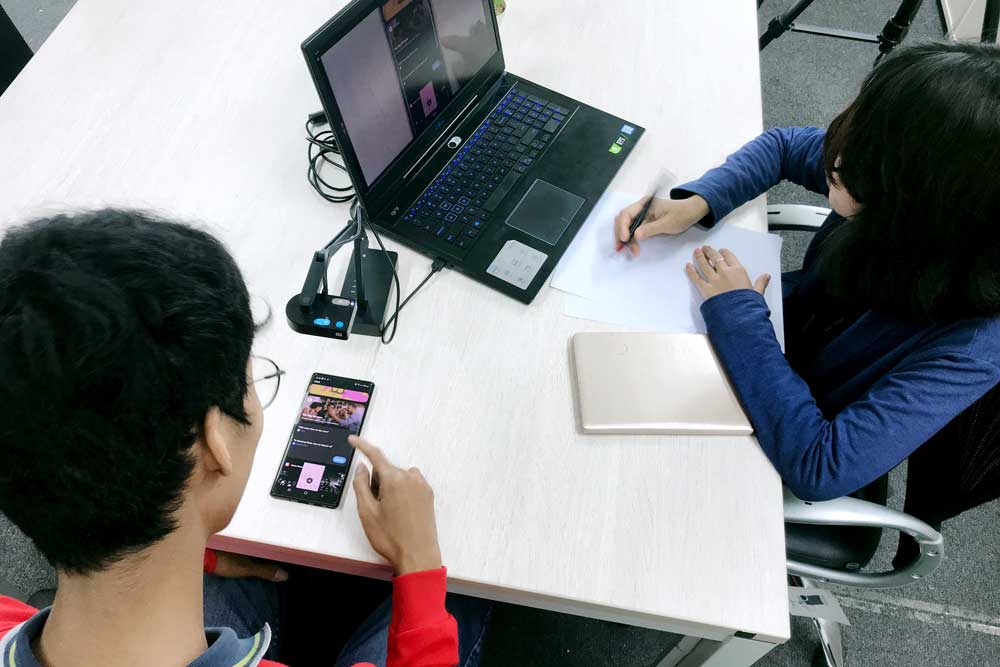
In the United States, Linda Poon writes in The Future of Libraries is in the Community: “Libraries are doubling down on their role in expanding digital access. To reach vulnerable groups even after the pandemic, that means getting outside their own building”. In a pattern that’s repeated in many countries, including the UK, research in the States has shown that Black, Hispanic and Asian users are more likely than white users to depend on libraries as their main source of internet”. What should, for example, be the role of libraries in providing mobile hotspots in the community, or giving out portable devices for home use?
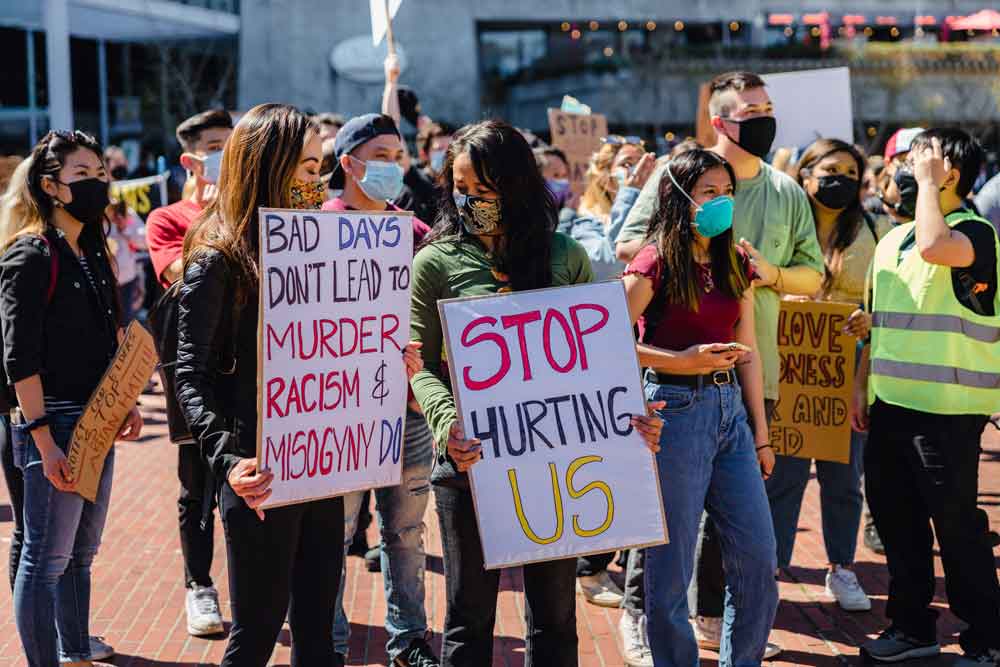
Christian Lauersen, writing about libraries in Denmark in ‘A haven in our community: The impact and value of public libraries’, says that “we cannot see the role libraries play in fighting inequality, polarization and loneliness from a spreadsheet” – I’m with him on that – and that “The ambition is both to create significant insights into what the Danish public library actually mean to people and the impact and value they bring to communities”.
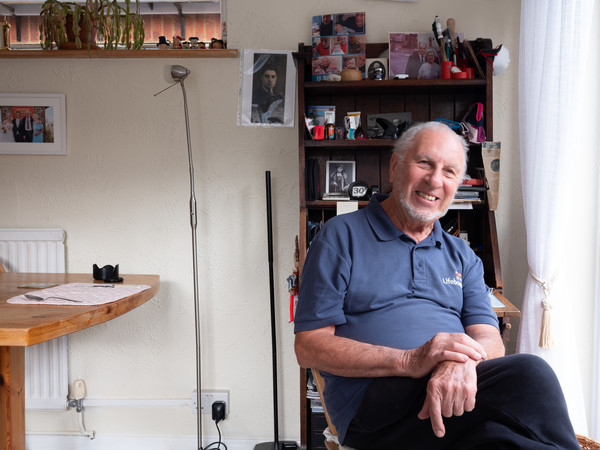
In ‘Libraries offering services to seniors during Covid-19 Pandemic’, Emily Stochi writes about how in the USA during the Covid-19 Pandemic “Libraries have been hard at work to combat this isolation and continue to serve the senior demographic (safely) during the pandemic”. One idea has been to “create a ‘hotline’ number that seniors can call, on their own time, to hear a new recording using different library materials for content each week. Recordings could include poetry or short story readings, a joke of the week, or other light-hearted topics”.
In a similar vein nearer home, James Powell writes that New research highlights the impact of Suffolk Libraries Lifeline service. “Between March 2020 and July 2020 library staff made over 6,700 calls to ‘check in’ on library customers and have a chat. The reach of the library service’s network enabled staff to focus on older people and those who are particularly isolated or vulnerable. The service has continued during subsequent lockdowns and has now made over 10,000 calls”.
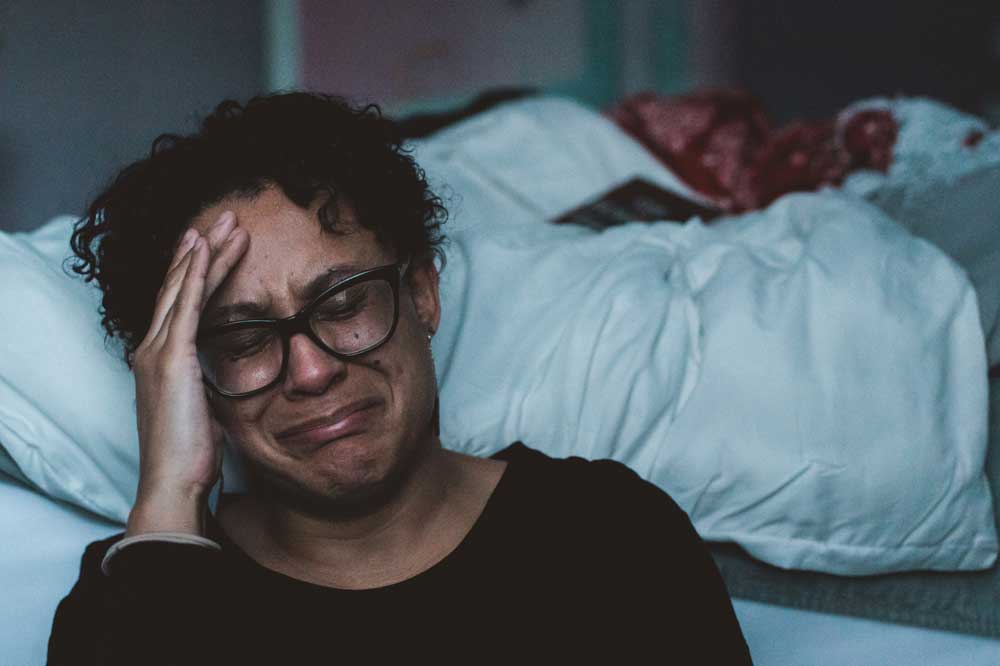
Greater attention is now, rightly, being focused on mental health issues that have affected many more people as a consequence of Covid-19 and ‘Calgary library’s new wellness desk offers free drop-in mental health services’. With the simple invitation, “Anything troubling you? We can help?” the service offers access to free mental health and addictions support, health information, and referral to services, including a number anyone can call or live chat “to speak with a mental health professional and get immediate care for emotional or mental health challenges”. Initially a pilot project until December 2020, it is believed that this has now been extended, although library sites are temporarily closed due to the pandemic.

In Ireland Louise Coooke-Escapil writes about Libraries of Sanctuary. “The City of Sanctuary is a collection of groups across the UK and Ireland – including theatres, schools, colleges, universities, churches, and gardens – that aim to build a culture of inclusiveness for incoming migrants”. And since June 2020 “The Library of Sanctuary title is awarded to libraries working to fill gaps in provision of information and resources to refugees and asylum seekers. Libraries playing this role is not novel, however the introduction of this title is a welcome step towards further developing public library services for those who may otherwise be left unseen”.
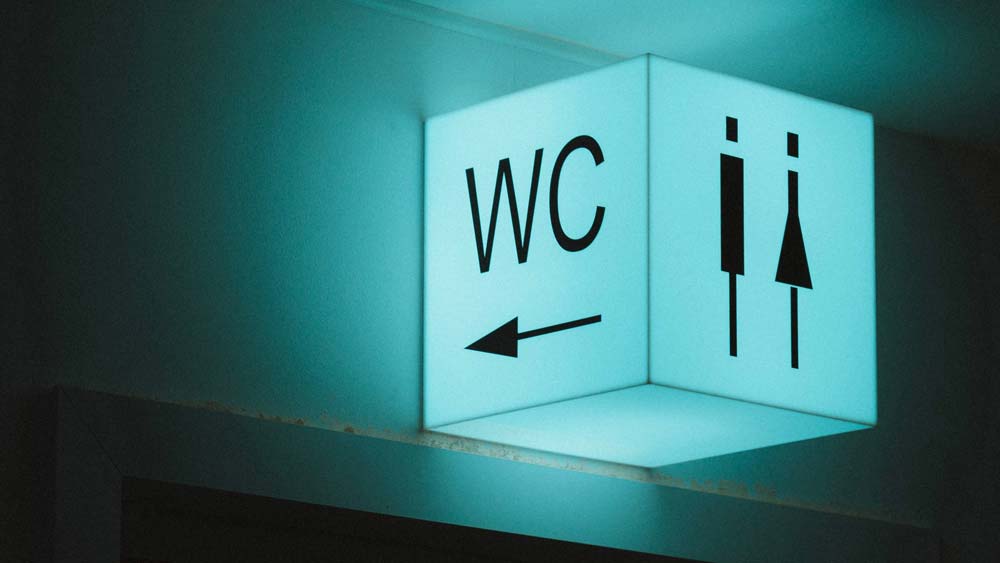
But to conclude, as I often do, with a backward glance at the library world of the past: Flo, as we shall call her, was in the late 1960s and 1970s the chief librarian of a London Borough. For many of those years the library admin team occupied one floor of a fairly nondescript five or six storey office building shared with other council departments. The layout on each floor was pretty similar except that at either end of each there was, on alternate levels, either a men’s or a women’s toilet. Flo was wont to wander slightly absent-mindedly around the building speaking to various colleagues, most of the time enveloped in a cloud of cigarette smoke … because yes, back then anyone who wished to could freely smoke in the office! But what regularly caused dismay to her young deputy was when one of the guys from the Surveyors, or Treasurers or whichever department, rang him to say, “Here, can you come and get your boss out of the Gents again?”.
Geoff Allen is a senior associate consultant with Activist Group. The views expressed in this blog are his own and do not necessarily reflect the opinions of Activist.



